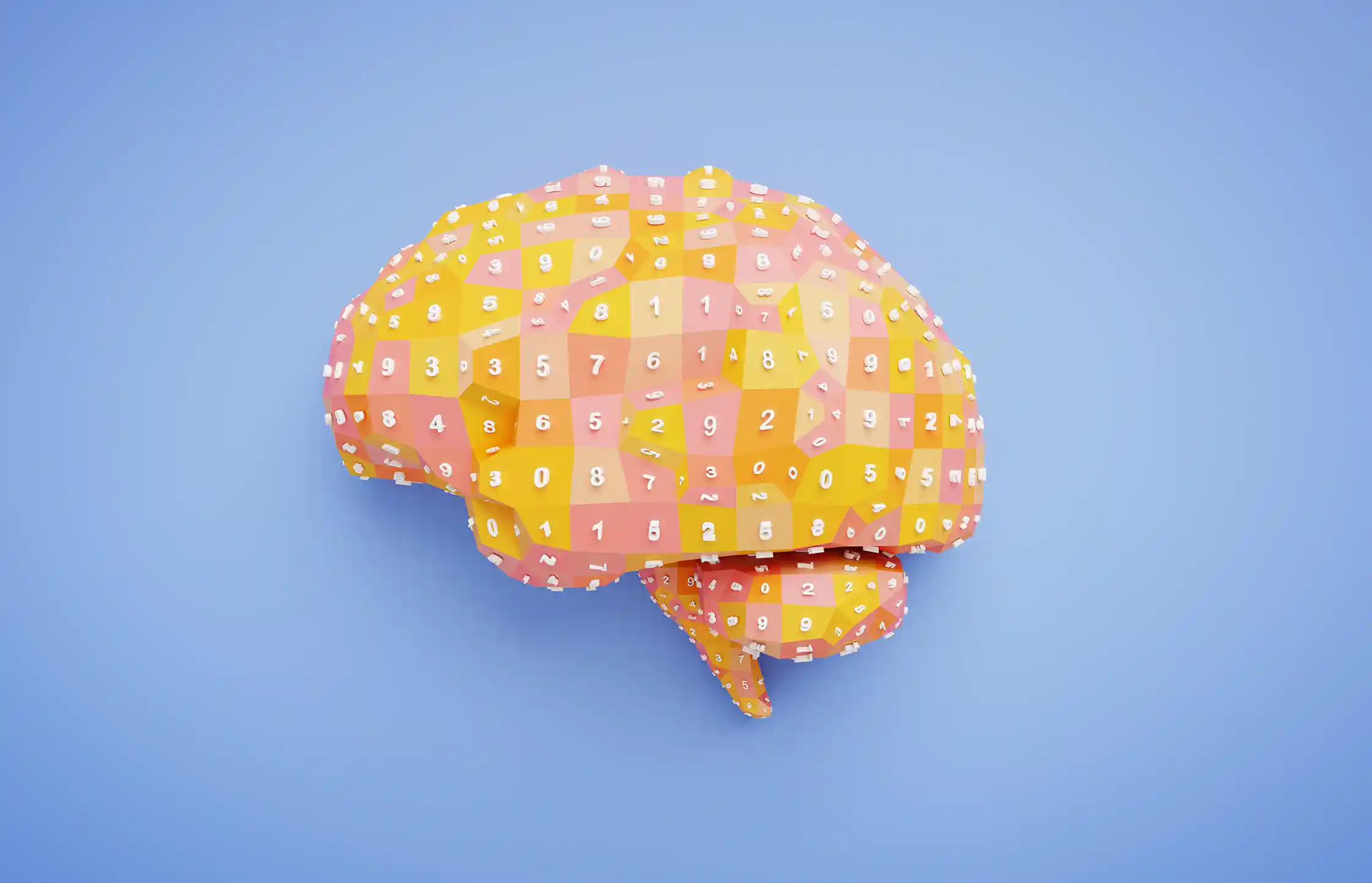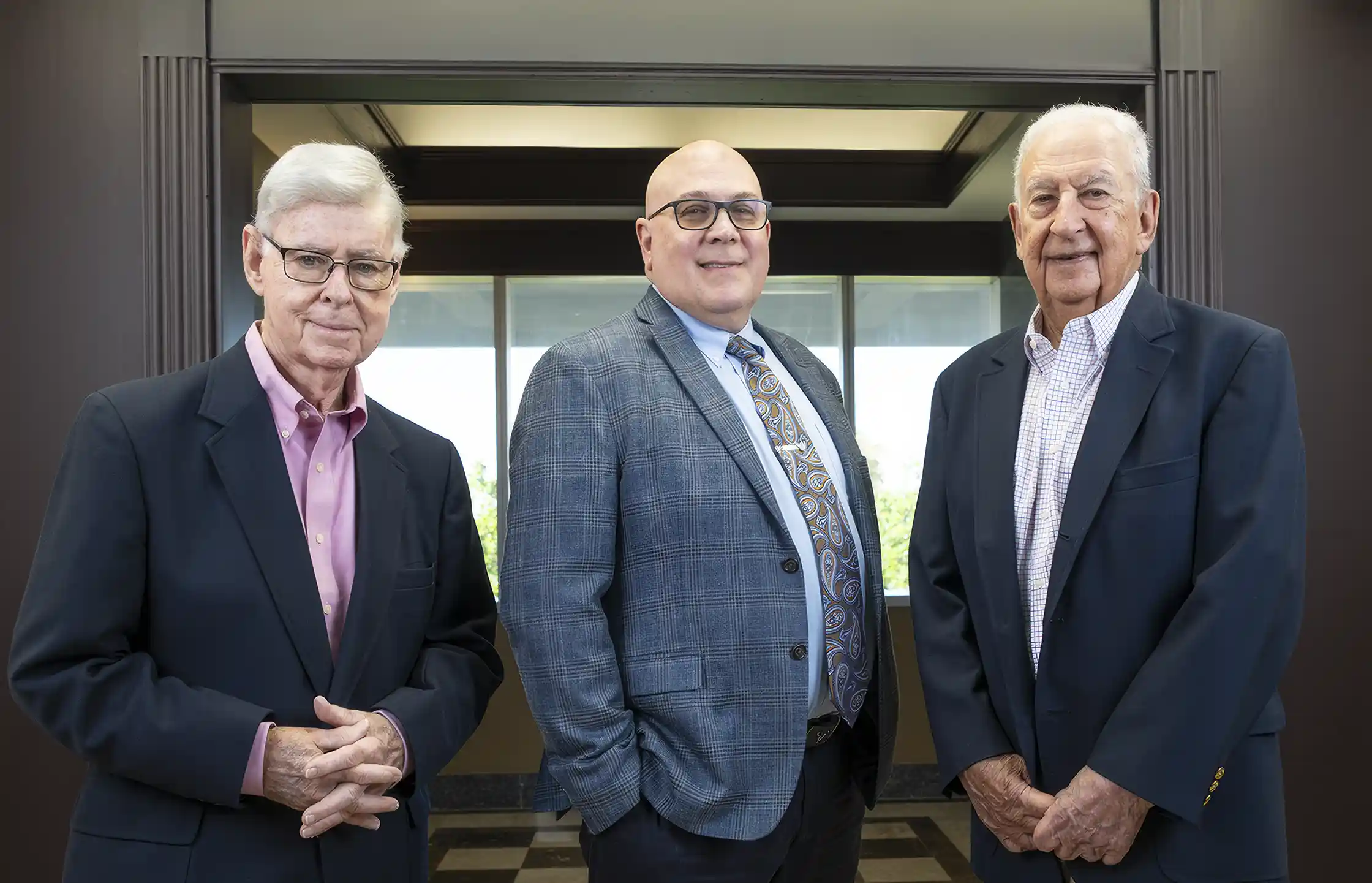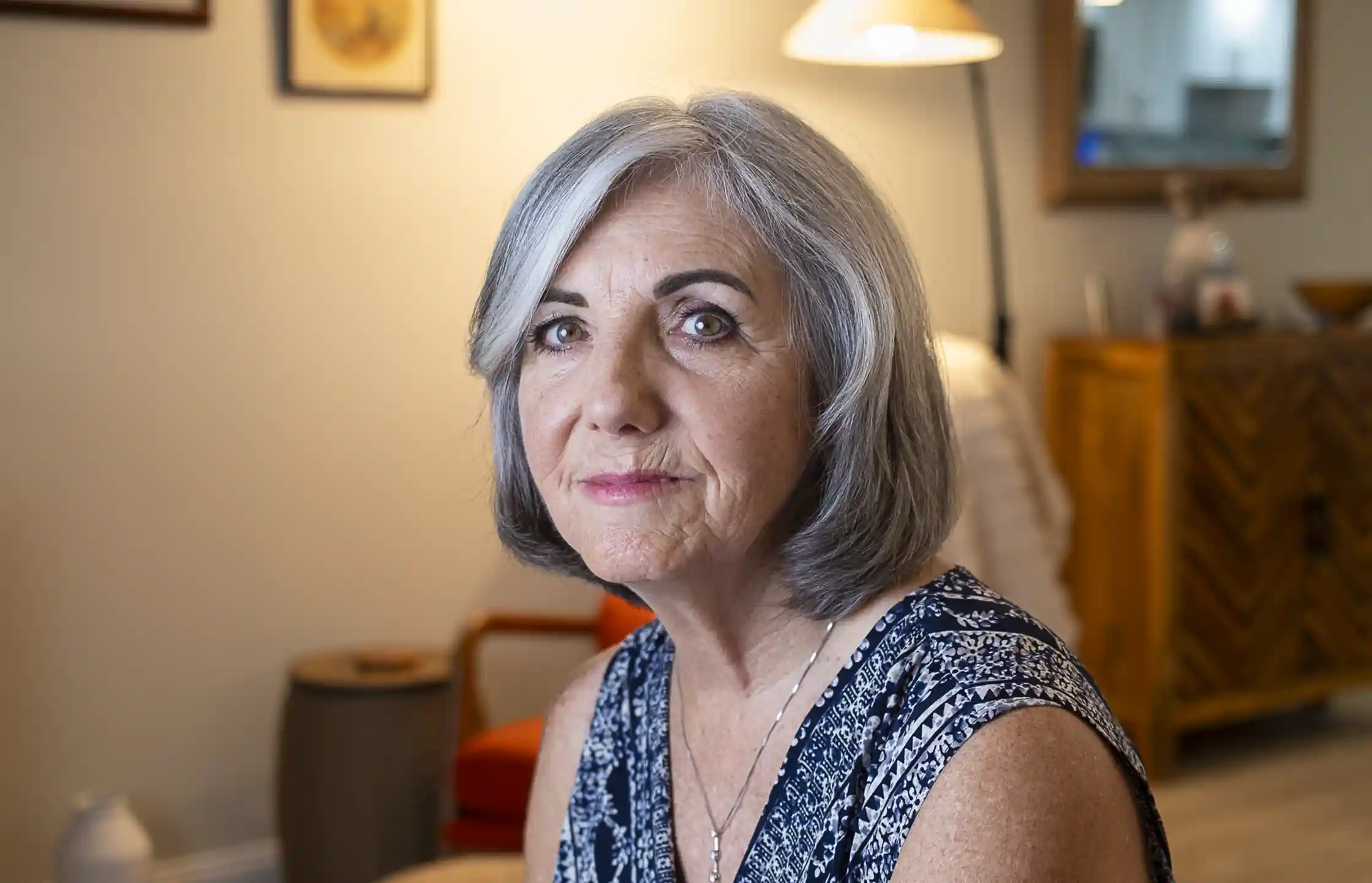Miller School researchers are unlocking the secrets to slowing cognitive decline
By Lauren Comander
Illustration by Istvan Szugyiczky



 esearchers at the Comprehensive Center for Brain Health in the Miller School’s Department of Neurology are advancing the science behind how lifestyle changes can rewire the brain to slow cognitive decline.
esearchers at the Comprehensive Center for Brain Health in the Miller School’s Department of Neurology are advancing the science behind how lifestyle changes can rewire the brain to slow cognitive decline.
Lifestyle modifications, according to the scientific literature, can cut the risks for Alzheimer’s disease and related dementias by as much as 45%. The research shows that general health, nutrition, physical and cognitive activity, and level of social engagement can play a role in both preventing people from developing these dementias and reducing the decline in people who are living with them.
“Our work at the Comprehensive Center for Brain Health takes a unique approach in studying the aging brain by not only using traditional methods of examining the brain like imaging and pencil and paper tests, but by also studying the social, structural and physical environment in which the brain lives, grows and thrives,” said James E. Galvin, M.D., M.P.H., director of the Comprehensive Center for Brain Health and the Lewy Body Dementia Research Center of Excellence.
Novel Tools Measure Resilience and Vulnerability
The team of researchers at the Center has created novel tools to measure both people’s resilience, which is their ability to resist the effects of disease, and their vulnerability, which are the risk factors that promote disease. The researchers also have developed a screening system for cognitive impairment, decisional capacity, mood disorders and stroke risk.
“We study these measures in diverse populations and communities throughout Florida and beyond,” said Dr. Galvin, who is also a professor of neurology at the Miller School and chief of the Division of Cognitive Neurology. “Collectively, our research has shown that increasing resilience, decreasing vulnerability, practicing mindfulness, being more physically fit and active, changing our diet, enjoying green space, living in connected communities, engaging in the arts, and aggressively treating diseases of the body like diabetes, hearing loss and sleep apnea will help us build a better brain as we age.”
Magdalena Tolea, Ph.D., the Center’s associate director of research and a research assistant professor of neurology at the Miller School, is among the pioneers whose discoveries are changing the landscape of the field. She showed that people with age-related loss of muscle mass and function, called sarcopenia, are three times more likely to develop cognitive and physical impairment than those without. This finding offers a road map for prevention: Improve both physical activity and nutrition to slow muscle loss and decrease the chance of cognitive decline.
“People can help maintain their brain health as they age by remaining physically active — following the current recommendations for physical activity — and maintaining high-quality diets,” Dr. Tolea said. “Together they can help reduce the risk of sarcopenia, physical dysfunction and cognitive decline.”
James E. Galvin, M.D., M.P.H.
“Our work takes a unique approach by also studying the social, structural and physical environment in which the brain lives, grows and thrives.”
Building a Better Brain
Magdalena Tolea, Ph.D.
“People can help maintain their brain health as they age by remaining physically active and maintaining high-quality diets.”
Subtle Signs of Neuronal Loss
In a recent article published in the Journal of Alzheimer’s Disease, Dr. Tolea showed that subtle changes in physical functions like balance are linked to neuronal loss. These changes can help detect cognitive impairments as early as preclinical stages of dementia, before clinical symptoms become evident — when preventive interventions are most likely to succeed.

Maintaining brain function promotes independence, quality of life and overall well-being as we age.
Dr. Tolea also has established that people who are cognitively engaged and socially active throughout their lives build better brain health that serves them well as they age, findings she will present at a scientific meeting later this year. Using data from the Center’s Healthy Brain Initiative study, she found that those who self-reported a healthy change in diet starting at age 25, alone and especially in combination with self-reported improved physical and social activity, showed greater amygdala volume, with increased resilience to neurodegenerative diseases and better cognitive performance, in older age.
Next up for Dr. Tolea, who leads the Center’s Clinical Trials Unit, is to design and test the effectiveness of lifestyle interventions that combine resistance exercise and diet to maintain physical and cognitive performance in older adults who have evidence of preclinical neurodegenerative disease. She also will evaluate mechanisms that relate to muscle metabolism. “Maintaining brain function promotes independence, quality of life and overall well-being as we age,” she said. ![]()












